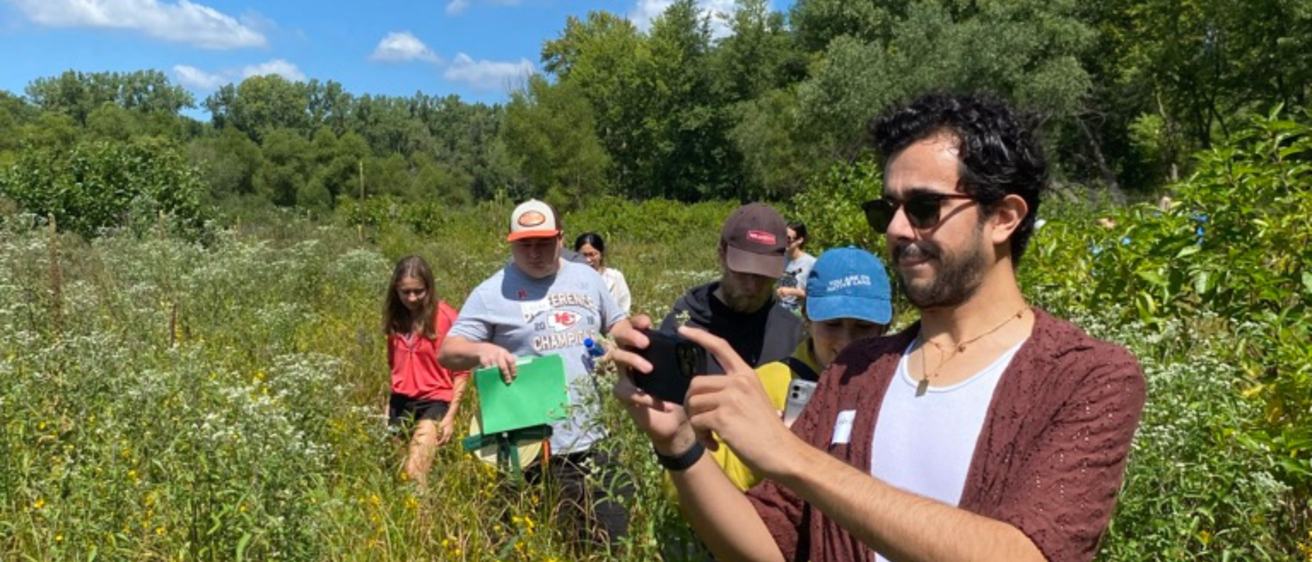Why is the environment important to you?

In graduate school, I began researching environmental issues along the U.S.-Mexico border and worked with grassroots advocacy groups in the Paso del Norte region. I placed significant value on the narratives and stories of the families most affected in El Paso, and these families showed me first-hand the environmental injustices they were constantly exposed to in their schools, homes, parks, and workplaces within the Chamizal neighborhood of El Paso.
Through my research, my understanding of the problem became much more personal. As I was mapping out the wastewater treatment plants in El Paso, I noticed that a wastewater treatment plant was located right behind the church I attended growing up, and I thought back to the ever-present stench that filled the air, no matter what time of day it was. As a child, I never thought much of it, and the adults never treated it as anything more than a bad odor. Like Chamizal, the neighborhoods near my childhood church were home to lower-income, Latinx communities and were separated by train tracks from the wealthiest zip code in El Paso. Groups like Familias Unidas del Chamizal motivated and inspired me to pursue a legal career that focuses on these complex environmental issues.
How this fellowship funding made a difference in your education?
Having worked at a law firm prior to coming to law school, I wanted the opportunity to explore governmental and nonprofit work, and my HELI fellowship was truly the only reason I was able to take on the job for the summer.
At the Department of Justice Environment and Natural Resources Division, I was able to work on matters ranging from Fifth Amendment takings arising out of natural disasters to water rights disputes between states. My work with the DOJ felt exactly what I envisioned environmental advocacy to look like–one that is informed by both the law and the science surrounding many environmental issues.
How do you plan to use this education to create change?
I always think back to those families that showed me around the environmental injustices they were exposed to in El Paso and how they may see the racket and stench as the norm, just as I did growing up. But these seemingly minor inconveniences have consequences for the primarily lower-income, minority communities that are exposed to them.
Countless families in El Paso and across the country are subject to environmental injustices, and for many, one of the strongest forms of redress is through the legal system. Through my legal education and work on environmental matters, I hope to one day be able to amplify their voices through legal representation and to speak against this deadly injustice.
